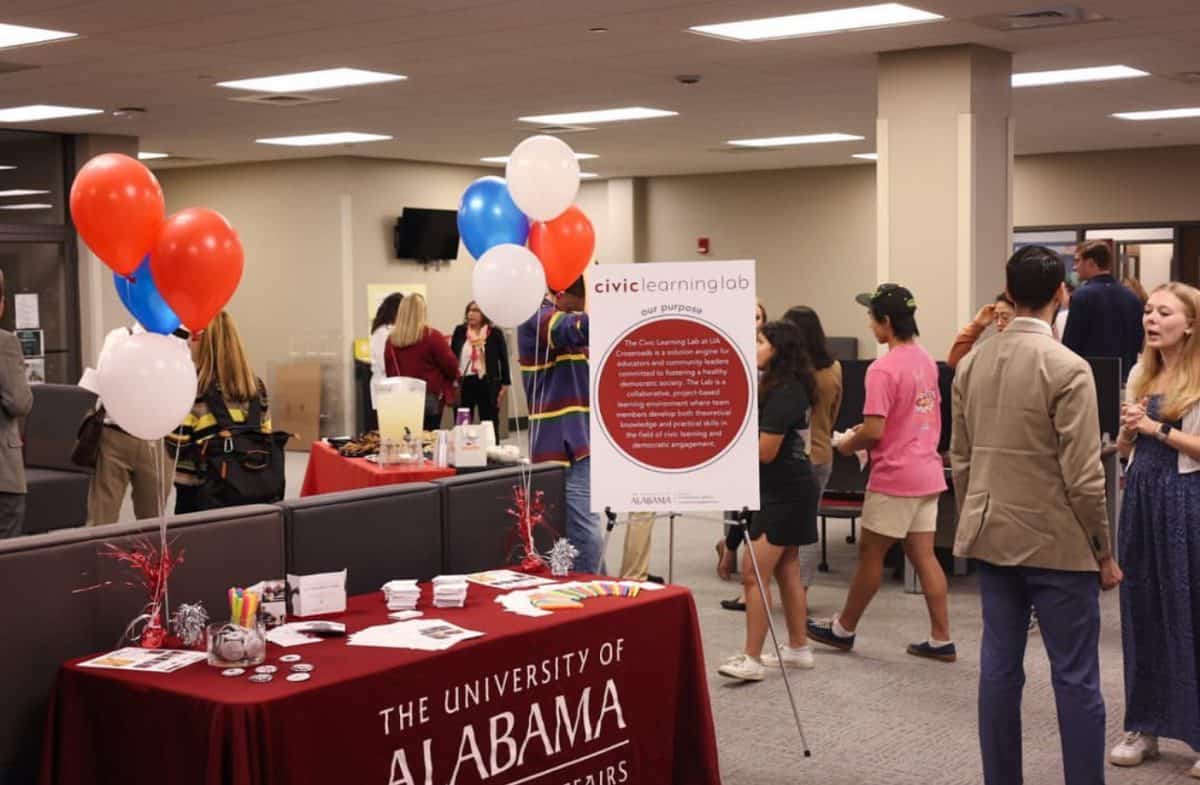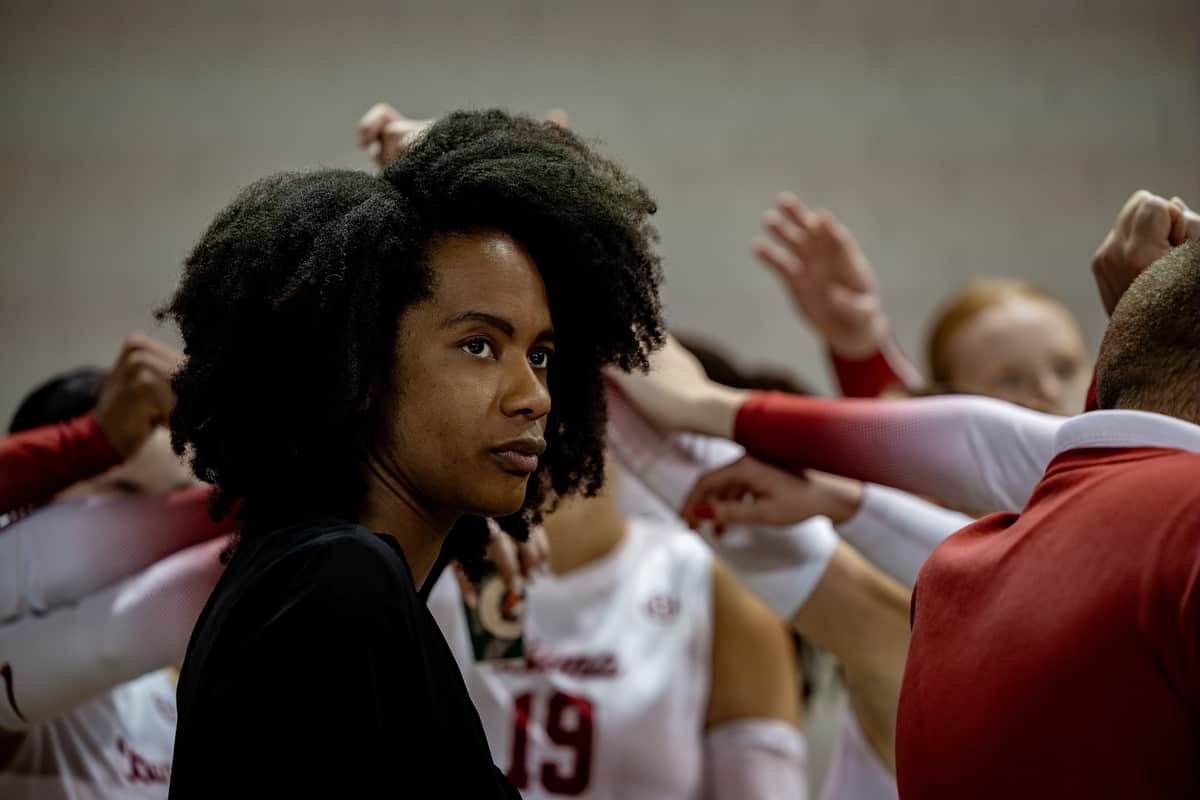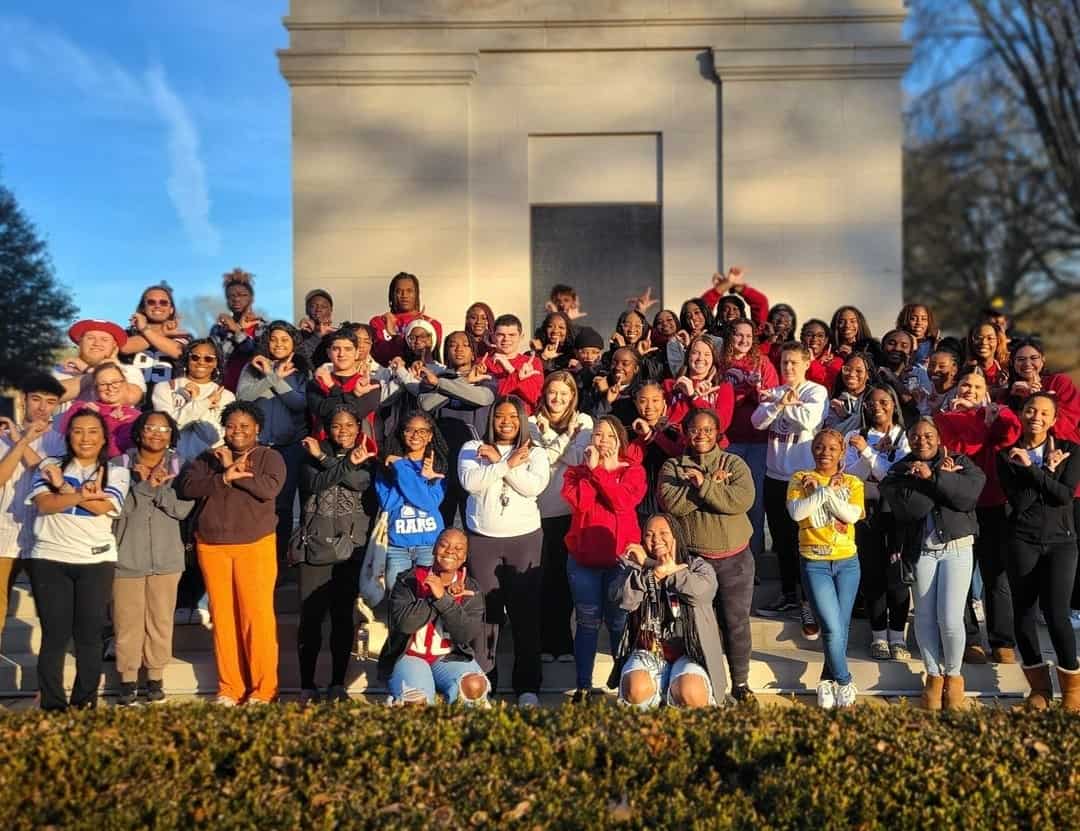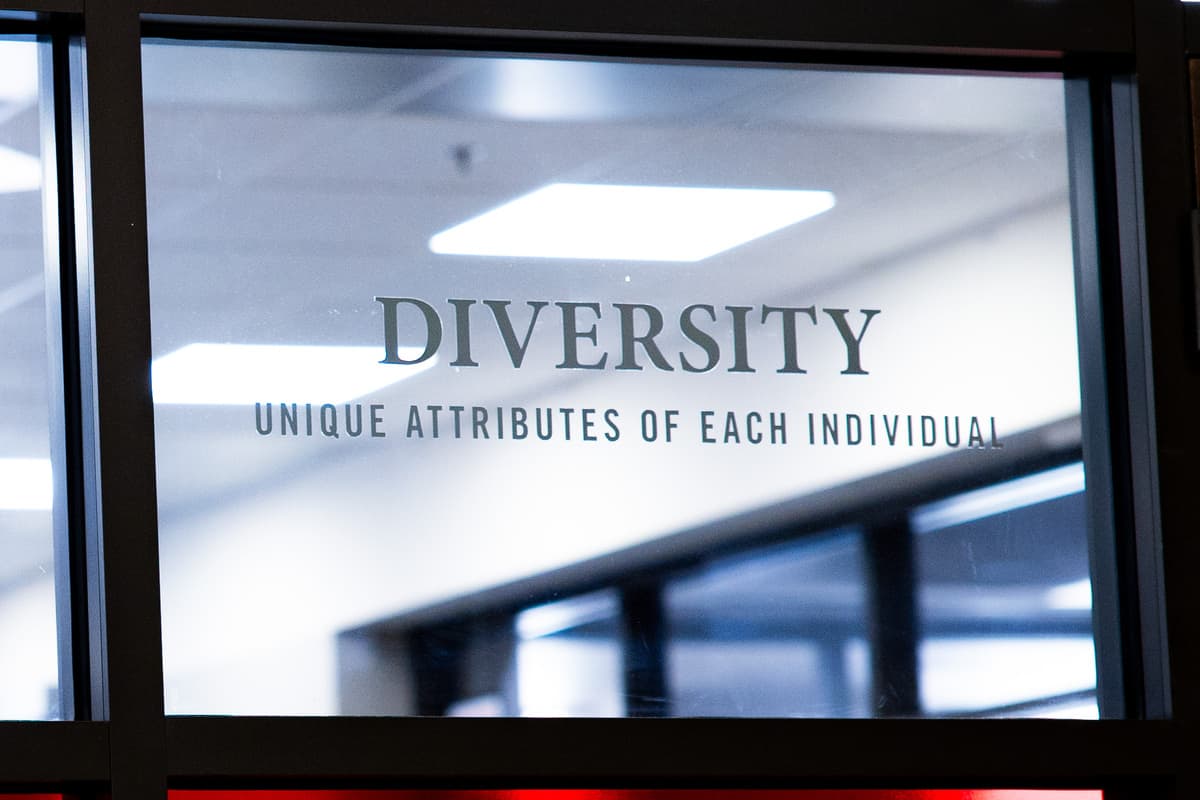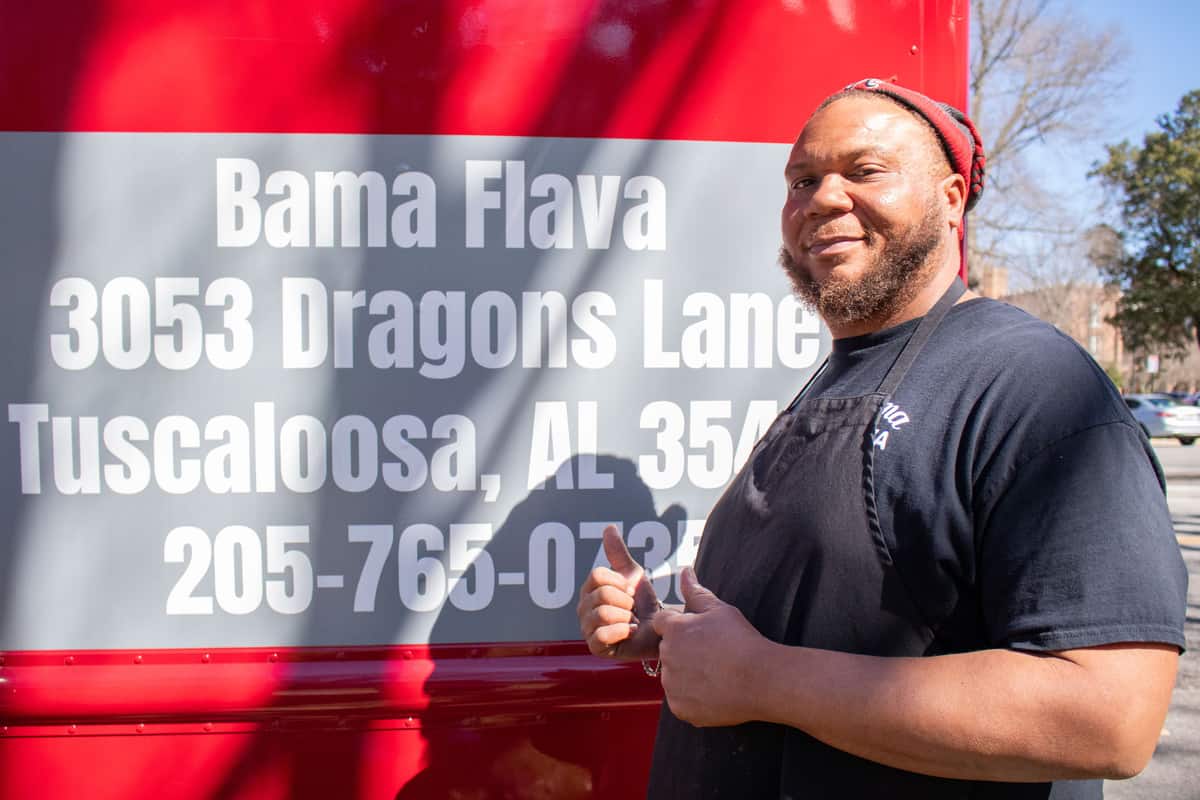Fostering active citizenship and community involvement among college students has never been more crucial.
Universities play a vital role in addressing these responsibilities by offering initiatives and programs designed to promote civic engagement among their student bodies. One program doing this at the University is Crossroads Civic Engagement Center.
According to its website, Crossroads’ vision is a “University that develops the civic capacity of its students and its community partners in ways that foster a thriving democratic society at the Capstone and beyond.”
Lane McLelland, Crossroads’ executive director, said the center is focused on supporting students, faculty, staff and community partners and continuing to teach the civic values, knowledge and skills that people “need to be good civic actors.”
McLelland said that voting is essential to democracy.
“People need to not only know how to vote, they need to vote, not just register and find out, but they need to actually do it,” McLelland said.
Civic engagement among all citizens is important, but maybe especially among young people, even more so for those demographics that may be underrepresented and made to feel that their civic contributions are insignificant.
In 2023, researchers at Tufts University reported a national student voting rate of 66%, and a 2022 study from the same university found that Black youth are consistently underrepresented among voters.
“I just think it is important because most of the advancement for the Black community has come from a result of voting,” said Malea Benjamin, a senior majoring in communication studies and political science.
She said that promoting the need for civic engagement on platforms that younger people frequent could also help to encourage their participation.
“I think the best way to get people more civically engaged is to meet people where they’re at,” Benjamin said. “I feel like that’s a great way to help target Black people.”
Benjamin encourages utilizing social media and methods like canvassing and knocking on doors to appeal to people who otherwise aren’t very invested in civic engagement.
“Especially, I think it’s really great to target young people, especially young Black people, because a lot of election campaigning is through social media,” Benjamin said. “Mostly everyone has a phone, computer, or sees anything social from a day-to-day basis.”
One of the main complaints about participating in the political process for some is accessibility. For instance, having classes off during election days isn’t a luxury afforded to all students, although there have been efforts to combat this in recent years.
However, McLelland said voting isn’t the only way to take civic action. There’s also community problem-solving or learning to talk to one another.
Crossroads’ work centers on five key components: speaking engagements, workshops, civic skills training, consultation and collaboration, and civic dialogue.
McLelland focused on sustained dialogue, particularly when discussing Crossroads’ work. Sustained dialogue is a dialogue-to-action model utilized to build relationships for addressing controversial issues and making positive changes. The model is used in national, community, corporate and campus settings.
“One of the things we’ve noticed is that people think civic discourse looks one way and that it looks like what we see on TV,” McLelland said. “So, while debate is important and an analytical discussion is important, also the ability to dialogue, to listen to understand, and also to articulate your own perspective is really important.”
Sustained dialogue helps to encourage these kinds of conversations in hopes that both parties will come away from a discussion with a better understanding of the opposing perspective.
Jackson Harris, director of Crossroads, stressed that graduating from college with a healthy desire for civic engagement is just as important as everything else. “We hope that somewhere in their university experience, they’re thinking about these terms, they’re thinking about themselves as a citizen or what does it mean to have a civic life and participate in it.”
Harris also encourages students who may be discouraged from participating in the political process. He says that any anxious energy spent worrying about the significance of their contributions should instead be channeled into action so that it may help us continue to have a healthy society.
“I think that those feelings also can inspire action and hope and participation, which is what we’re shooting for,” Harris said.
Programs like Crossroads help inspire people to amplify their voices and take advantage of the power afforded to them, their right to a thriving democratic society.
To stay up to date with UA Crossroads, visit its website.



